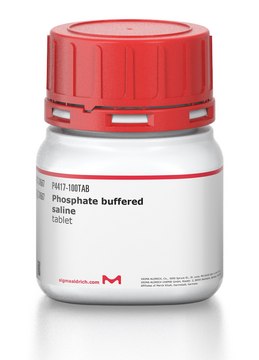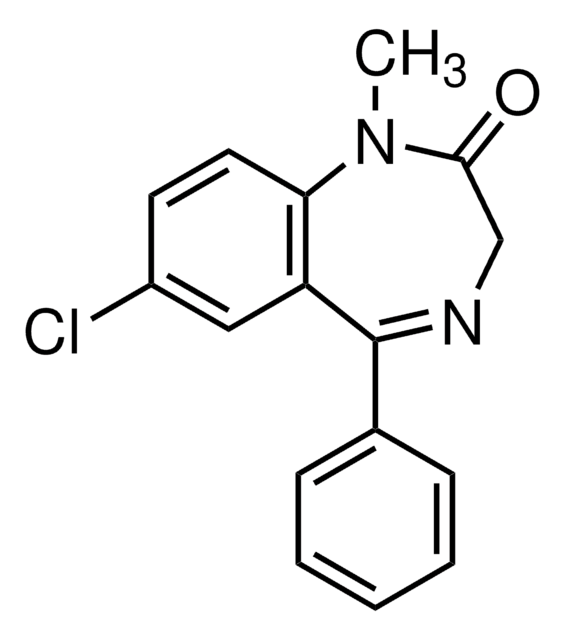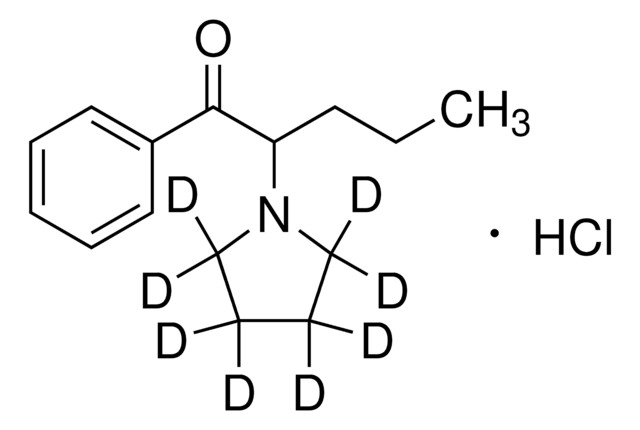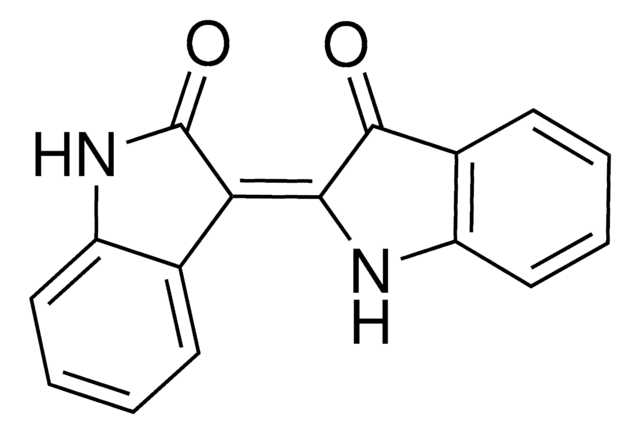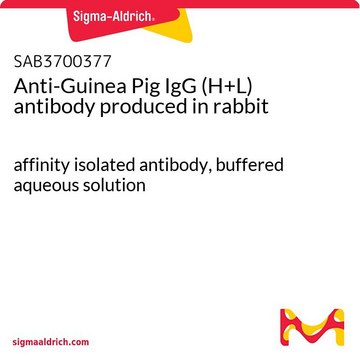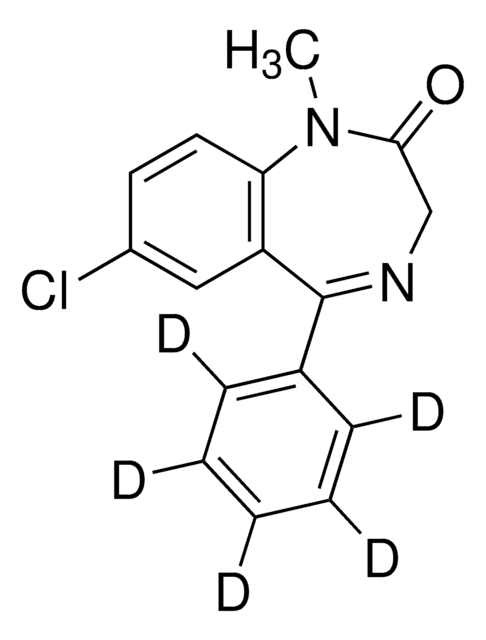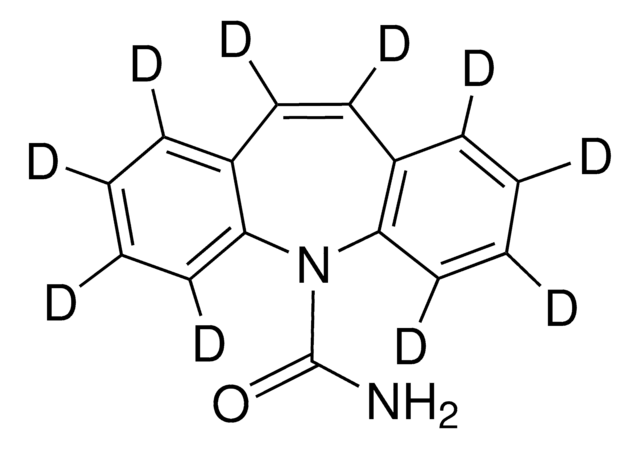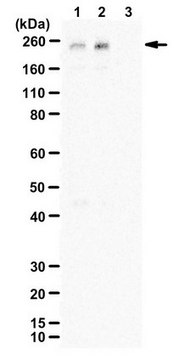ABN194
Anti-EVI-5 Antibody
from rabbit, purified by affinity chromatography
Synonym(s):
Ecotropic viral integration site 5 protein homolog, EVI-5
About This Item
Recommended Products
biological source
rabbit
Quality Level
antibody form
affinity isolated antibody
antibody product type
primary antibodies
clone
polyclonal
purified by
affinity chromatography
species reactivity
mouse, rat
species reactivity (predicted by homology)
human (immunogen homology)
technique(s)
immunohistochemistry: suitable
western blot: suitable
NCBI accession no.
UniProt accession no.
shipped in
wet ice
target post-translational modification
unmodified
Gene Information
human ... EVI5(7813)
General description
Immunogen
Application
Neuroscience
Signaling Neuroscience
Quality
Immunohistochemistry Analysis: A 1:500 dilution of this antibody detected EVI-5 in mouse and rat brain tissues.
Target description
Physical form
Storage and Stability
Analysis Note
Mouse and rat brain tissues
Other Notes
Disclaimer
Not finding the right product?
Try our Product Selector Tool.
Storage Class Code
12 - Non Combustible Liquids
WGK
WGK 1
Flash Point(F)
Not applicable
Flash Point(C)
Not applicable
Certificates of Analysis (COA)
Search for Certificates of Analysis (COA) by entering the products Lot/Batch Number. Lot and Batch Numbers can be found on a product’s label following the words ‘Lot’ or ‘Batch’.
Already Own This Product?
Find documentation for the products that you have recently purchased in the Document Library.
Our team of scientists has experience in all areas of research including Life Science, Material Science, Chemical Synthesis, Chromatography, Analytical and many others.
Contact Technical Service